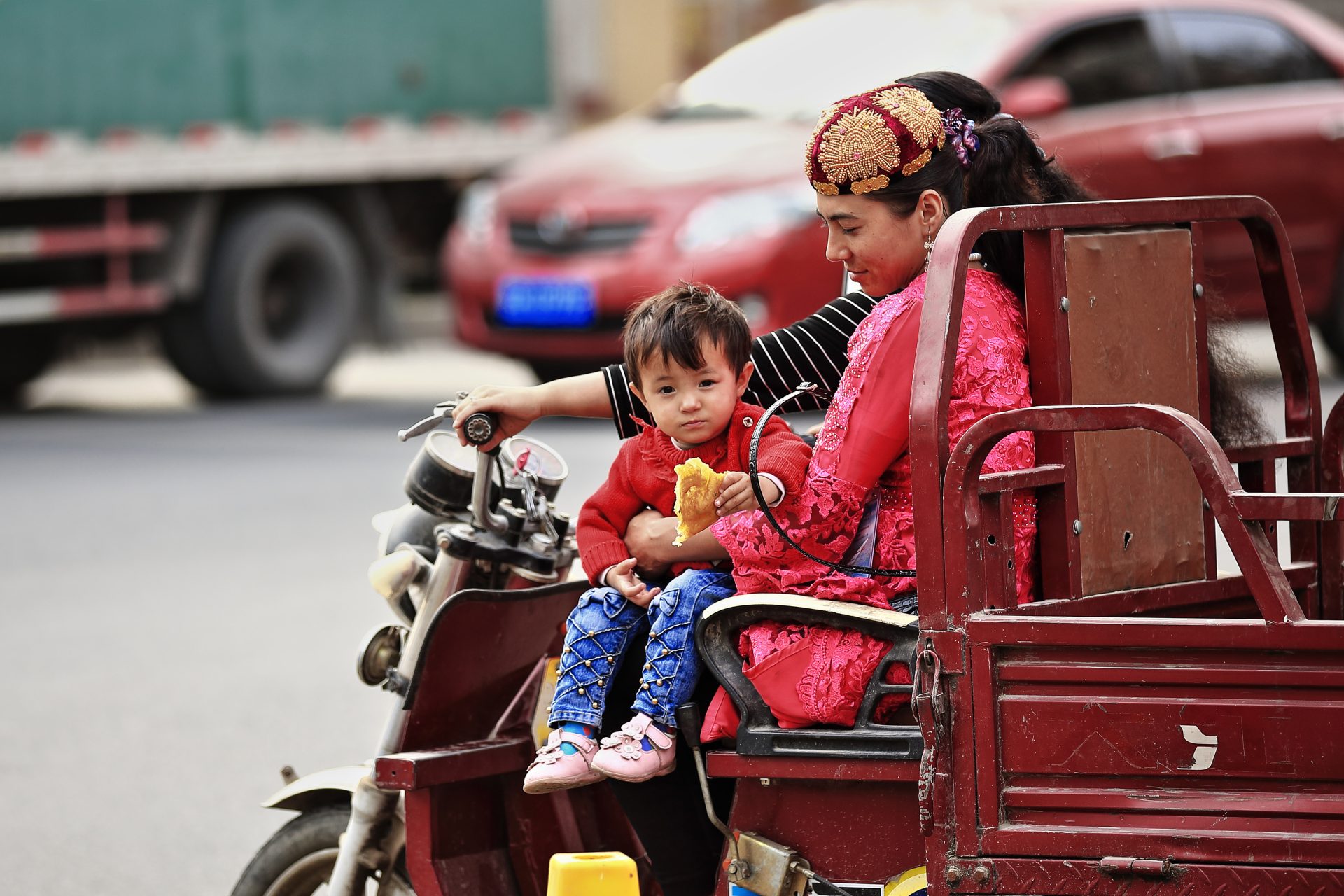China should immediately release children held in boarding houses in remote Xinjiang, a rights group said, as parents spoke of their fear of never seeing their sons and daughters again.
Human Rights Watch said authorities were housing unknown numbers of Uyghur children in institutions in the remote northwestern region, without parental consent or access.
“The Chinese government’s forced separation of children is perhaps the cruelest element of its oppression in Xinjiang,” said HRW’s China director Sophie Richardson.
“Children should be either immediately returned to the custody of relatives in China or allowed to join their parents outside the country.”
More than one million Muslim Uyghurs and Muslims from other ethnic minorities have been detained in a vast network of internment camps in Xinjiang since 2017.
Uyghurs, who have long complained that their culture and religion have been marginalised by authorities, have also more recently endured extensive surveillance as part of the crackdown.
China has rejected international criticism of its campaign, saying Uyghurs are being educated in “vocational training centres” to combat religious extremism, including terrorist attacks.
HRW interviewed five families from Xinjiang now living outside China who described having no contact with their children.
Abdurahman Tohti, a Uyghur living in Turkey, said he had been unable to speak with his son, now 4, and daughter, 3, since authorities detained his wife in 2016. In January, he spotted his son in a video posted online that showed him in a school answering questions in Chinese.
“I want them back very much. I fear if I ever meet my children again in my lifetime, they wouldn’t know who I am, and they would’ve been assimilated as Chinese and think that I’m their enemy,” he said.
Media and researchers earlier this year detailed evidence of Uyghur children being rehoused in purpose-built and high-security boarding schools after their parents were taken away. But it is unclear how many children in total have been affected.
HRW said little information is also available on whose consent is needed, which government agencies make the decisions about removal of children to state institutions and whether there are procedures for challenging such determinations.







